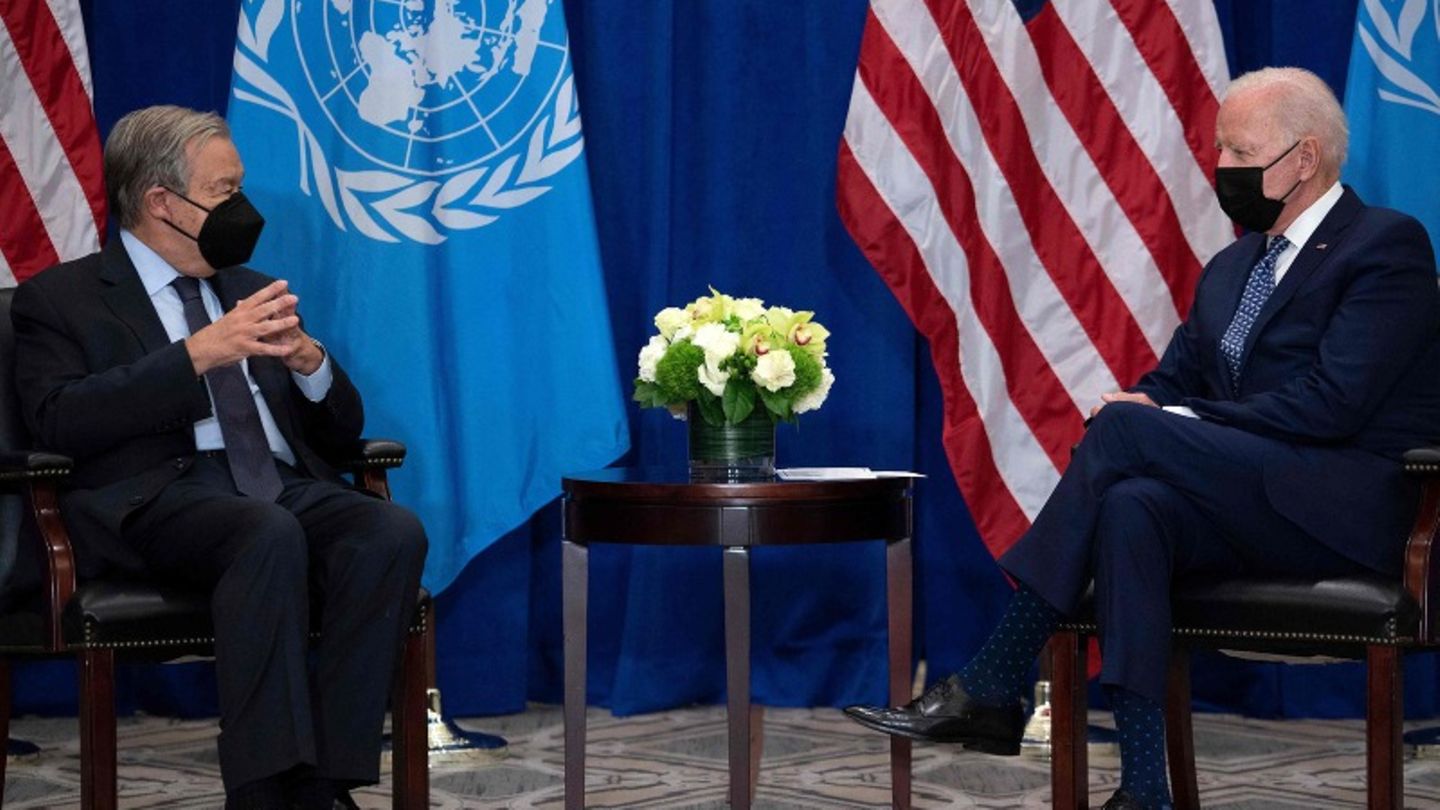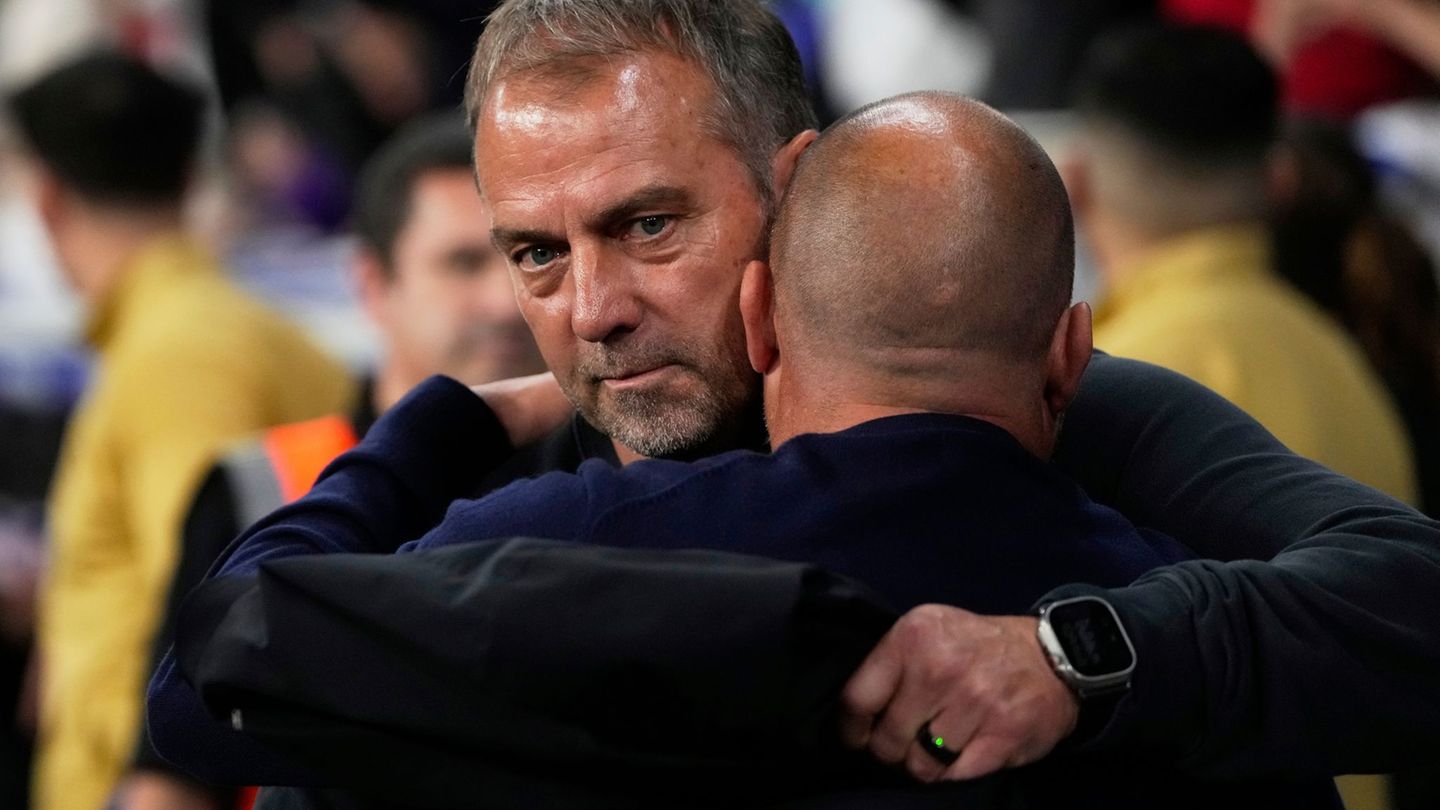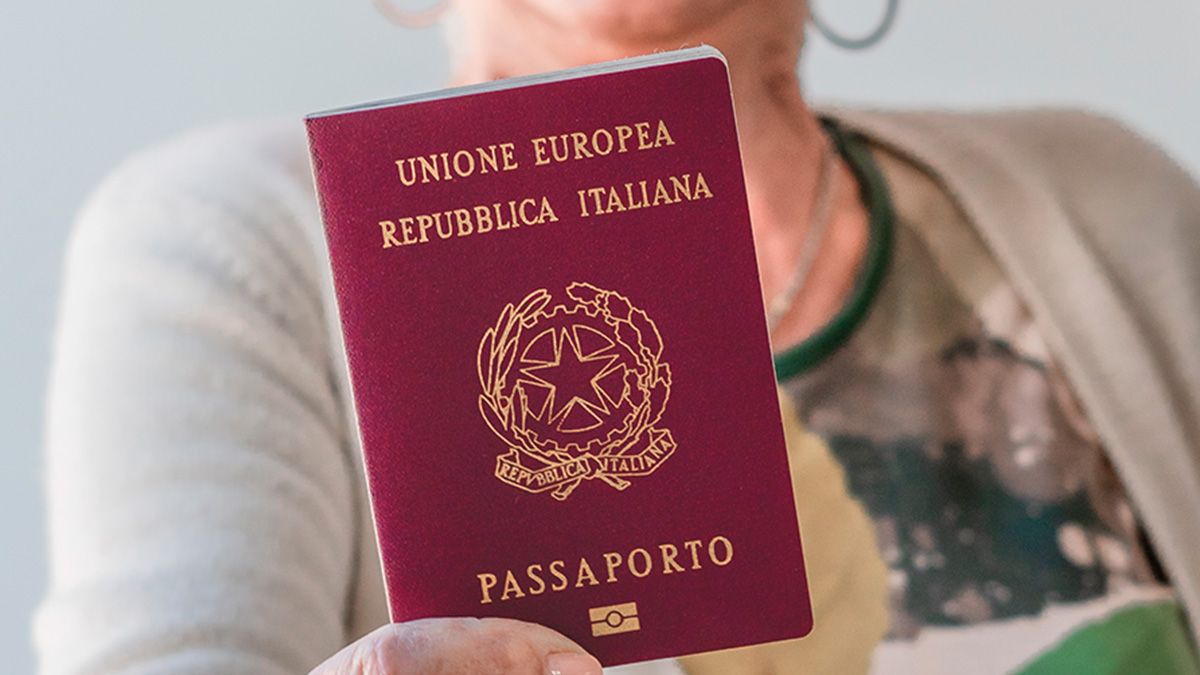Afghanistan, climate, corona: the UN general debate starts in an environment of severe crises. US President Joe Biden has therefore prepared several messages for his first speech to the General Assembly.
Joe Biden wants to use his first speech as US President at the UN General Assembly this Tuesday as a commitment to intensive diplomacy instead of military intervention. This was announced by a high-ranking representative of the US government on Monday with a view to Biden’s appearance. “We are closing the chapter of 20 years of war and opening a new chapter of intense diplomacy by bringing allies and partners and institutions together to meet the great challenges of our time,” said the government official. This is the central theme of Biden’s speech. The US president will also comment on international climate finance.
In addition to Biden, China’s President Xi Jinping, UN Secretary General António Guterres, Iran’s President Ebrahim Raisi and Brazil’s head of state Jair Messias Bolsonaro will address the United Nations on Tuesday. After the UN general debate last year due to the corona pandemic ended mainly with pre-recorded video speeches, more than 100 heads of state and government are again personally represented in New York this year, albeit with significantly smaller delegations. The rest of the representatives from the 193 member states take part online. Federal President Frank-Walter Steinmeier is to speak for Germany on Friday. UN Secretary General Guterres met on Monday bilaterally with numerous heads of state and government, including US President Biden.
Biden wants to promote international cooperation
Biden’s first UN appearance as US President is seen by many as the highlight of the General Assembly. His predecessor Donald Trump had used the stage year after year to promote his “America First” policy of going it alone. Biden, on the other hand, started with the promise to strengthen international cooperation in all areas again.
However, Biden’s government recently attracted a lot of international criticism because of the troop withdrawal from Afghanistan. The last US troops left the country in late August. This ended the international military operation in Afghanistan after almost 20 years. Biden had rigorously followed through on his withdrawal plans despite warnings from experts, but also international partners, and vehemently defended his decision despite chaotic circumstances in the final weeks of the withdrawal.
At the UN speech, Biden wants to address the withdrawal from Afghanistan offensively, according to his government, and present it as a change of time. With the end of the war in Afghanistan, a new chapter will be opened that will rely on diplomacy rather than military force to solve problems, said the US government official. With a view to China, Biden does not want a “new Cold War”. It is about tough competition with China, not a conflict. The future and the fate of many countries are internationally so interwoven that problems can only be solved together.
Recently, however, Biden had also accused himself elsewhere of not giving too much to international agreements. With a new security pact in the Indo-Pacific, the US, Great Britain and Australia alienated allies. The plan includes helping Australia build nuclear-powered submarines. China, which is facing international criticism because of its increasing claim to power in the region, sees itself provoked by the tripartite alliance. France is furious because it has broken its own multi-billion dollar submarine deal with Australia. And Australia’s neighbor New Zealand and EU representatives also reacted with little enthusiasm.
Climate is also high on the agenda
In addition to Afghanistan and China, observers should also listen carefully to what Biden has to say on the subject of the climate – he has made the fight against the climate crisis a priority. In a few weeks, the UN world climate conference is due in Glasgow, Scotland. UN chief Guterres had warned that there was a high risk that the climate conference would fail. The world is on a “catastrophic path” with regard to global warming.
British Prime Minister Boris Johnson, on the other hand, recently dampened hopes of the pledged climate aid for poorer countries of 100 billion US dollars this year. The chances are “six out of ten” that the international community will meet the originally agreed target. The US government said Biden would also comment on the $ 100 billion pledge – and what the United States was up to on this issue.
In addition to Steinmeier, Federal Foreign Minister Heiko Maas (SPD) is traveling to New York from Germany. For him, the deliberations there should also be about the political process in Libya, which is in danger, in which Germany plays a special role as a mediator. The new Foreign Minister of Iran, Hussein Amirabdollahian, is also coming to New York and is supposed to hold talks with the British, Germans and French on the sidelines of the general debate.
The French Foreign Minister Jean-Yves Le Drian also announced a meeting between Germany, Great Britain, France, Russia and China with Iran on Monday. The week should bring “a positive impetus to resume negotiations on the return” of Tehran and Washington on the deal, said Le Drian.
In addition, several side events are planned, including a high-level online summit on Wednesday on the fairer international distribution of vaccines, organized by Biden.
David William is a talented author who has made a name for himself in the world of writing. He is a professional author who writes on a wide range of topics, from general interest to opinion news. David is currently working as a writer at 24 hours worlds where he brings his unique perspective and in-depth research to his articles, making them both informative and engaging.




